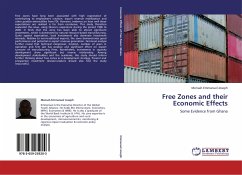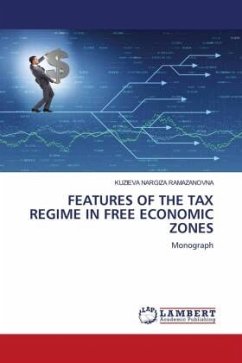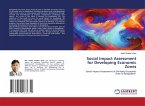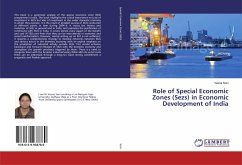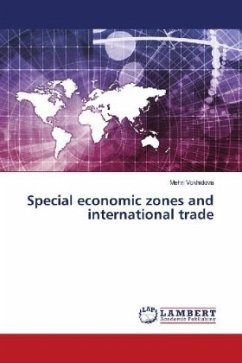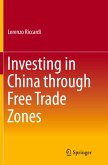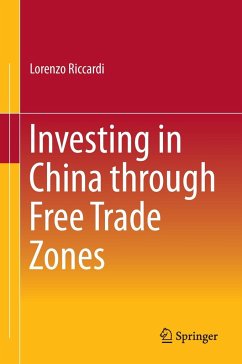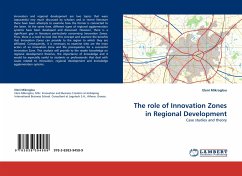Free zones have long been associated with high expectation of contributing to employment creation, export revenue mobilization and other positive externalities from FDI. However, evidence on how well these expectations are realized is far from conclusive. This study therefore evaluated this issue, using Ghana s experience during the period 1996 to 2006. It finds that the zone has been able to attract significant investments, which is dominated by natural resource-based manufacturing. Quite against expectation, local investments also dominate investment interests. Relative to non-traditional exports, the zone demonstrates good performance and potential in export revenue generation. Firm-level analysis further reveal that technical manpower, location, number of years in operation and firm size has positive and significant effect on export turnover of manufacturing firms. Nonetheless, investments in capacity development show significant but inverse relationship. Among development stakeholders and the academia, this study should inform further thinking about free zones as a development strategy. Present and prospective investment decision-makers should also find the study resourceful.

